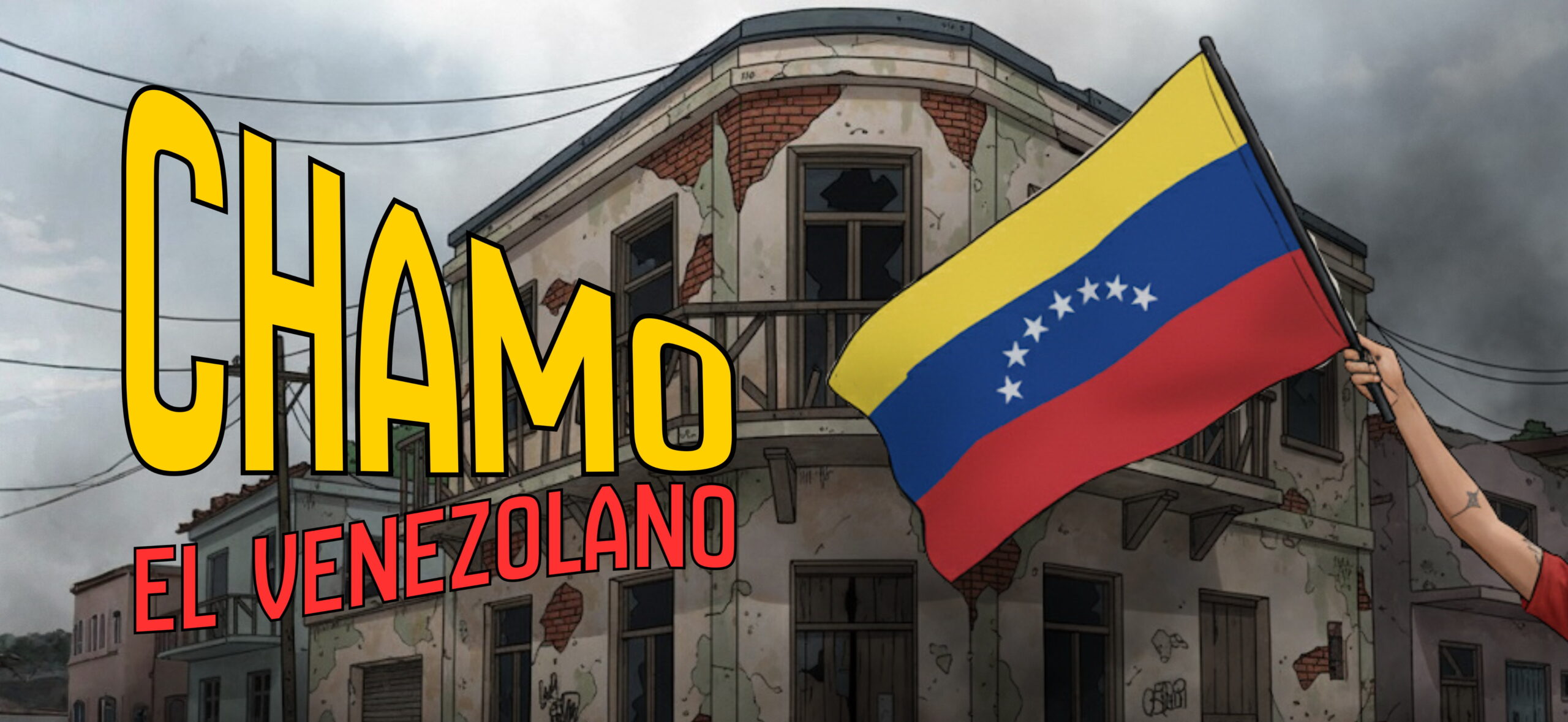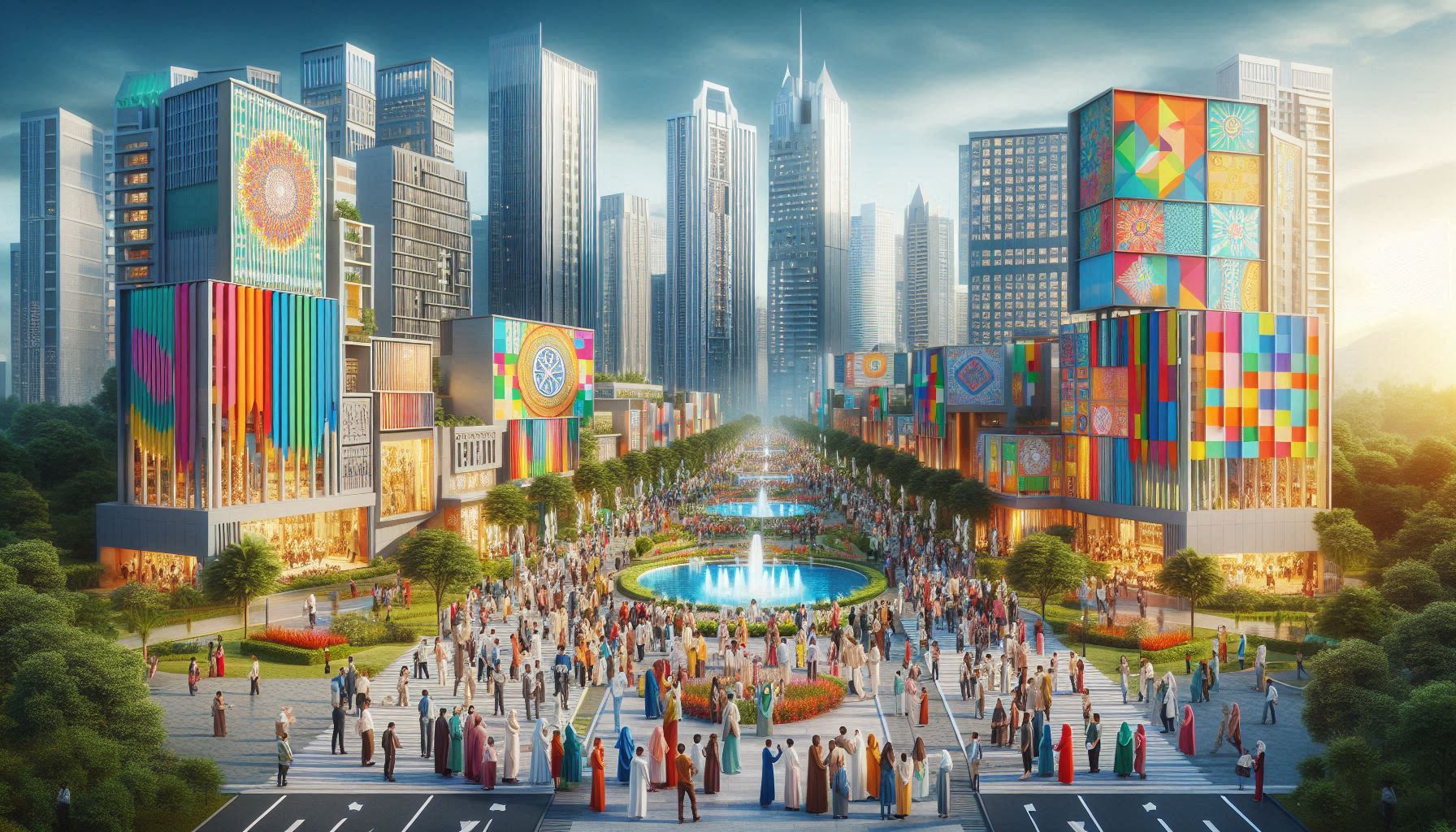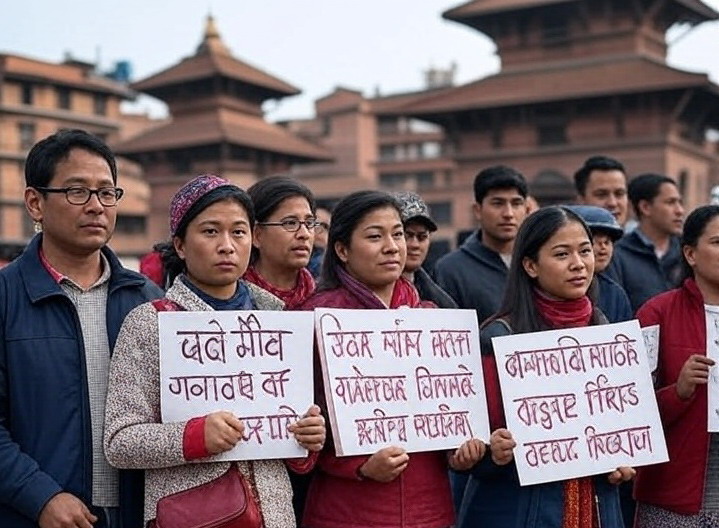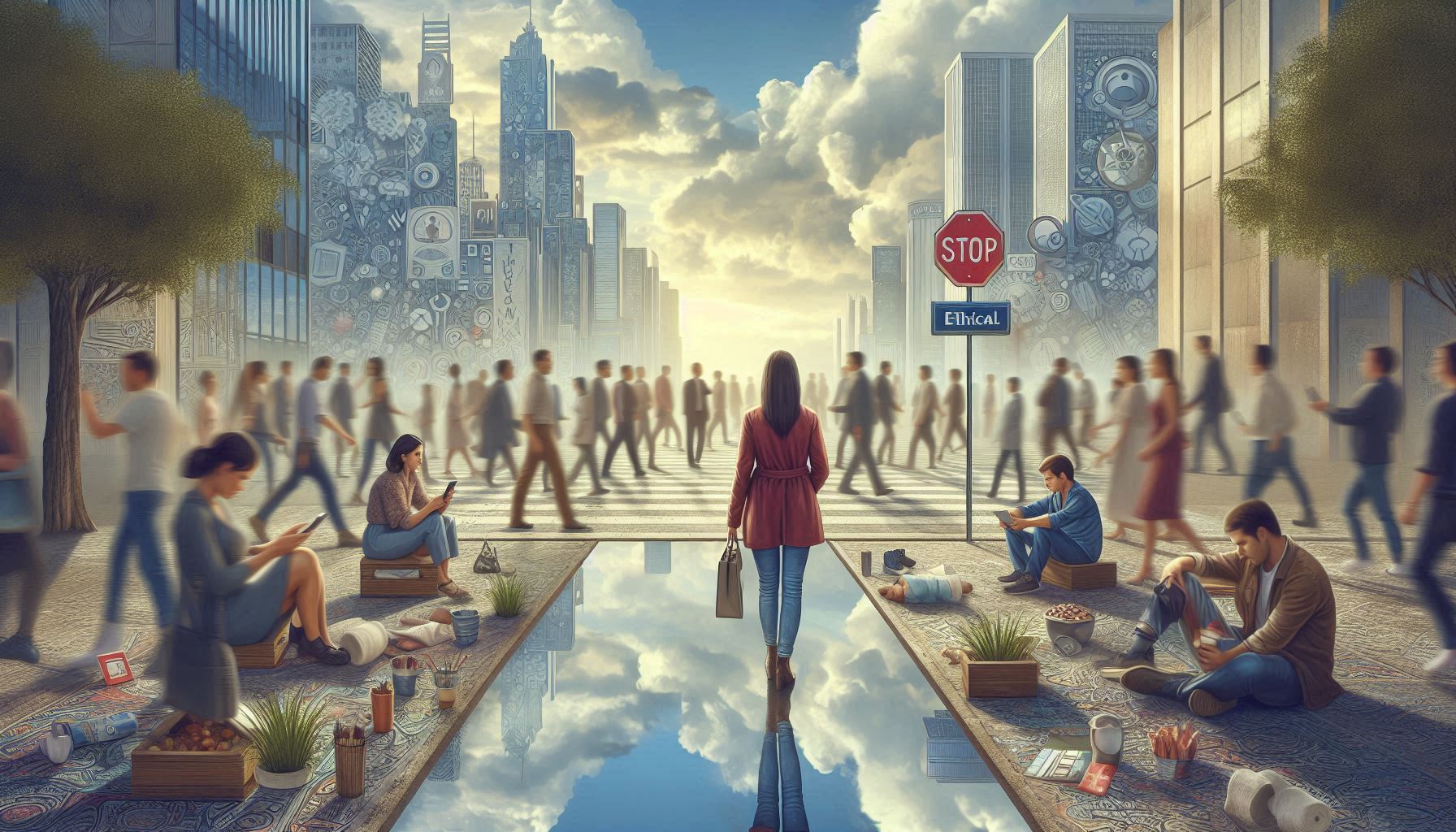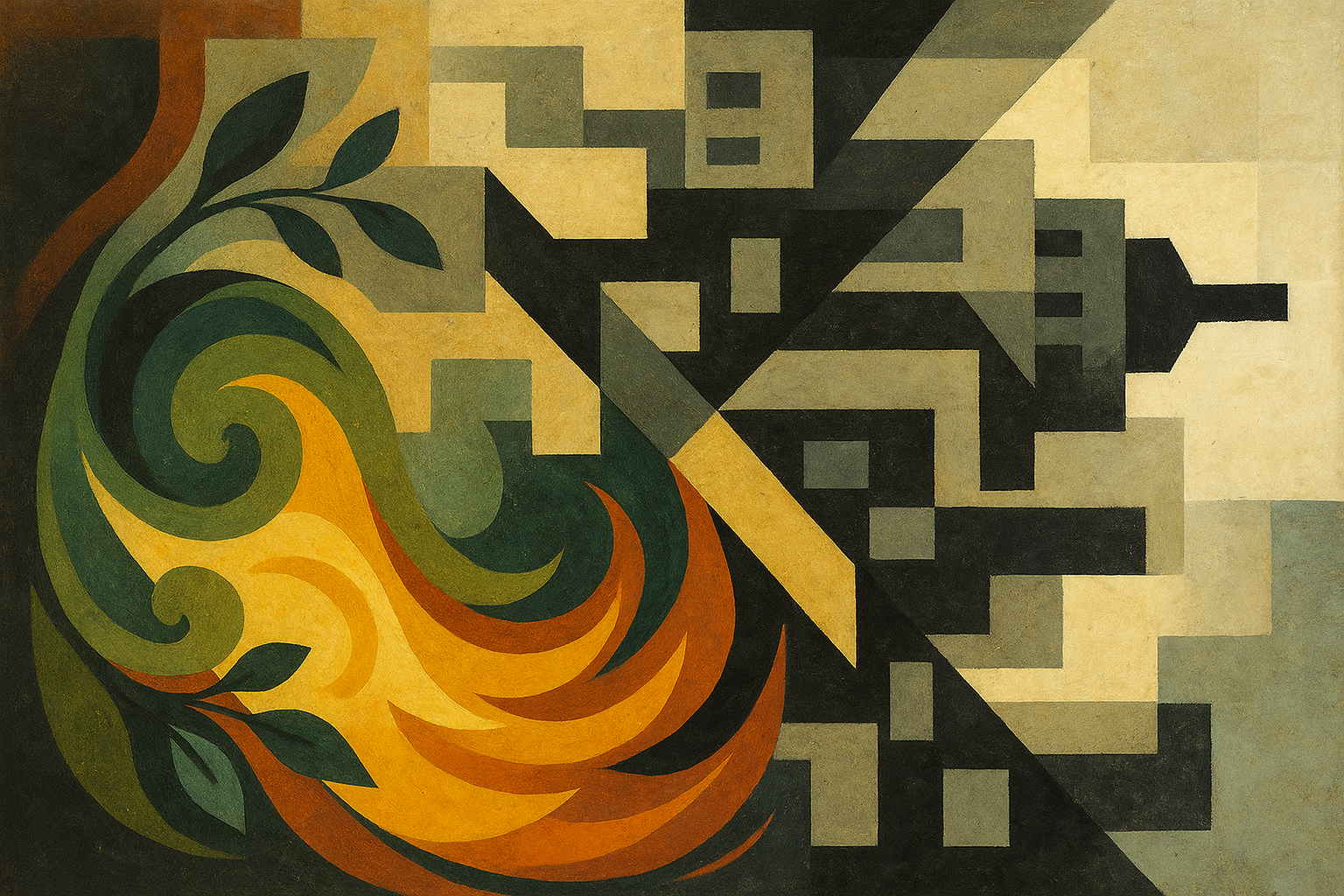Writing from inside bubbles is never an easy task. This is what happens to me today, from this computer, in a very important city in Argentina. I am sitting here writing this piece, while around me there are an endless series of events and events, facts and actions that damage the democratic quality of the population and, in addition, where individuals are constantly threatened by the restrictions on individual freedoms that they carry out from the State with its regulatory mechanisms. That is what happens today in Argentina. Let’s take a look at some of these events and be aware of the process that is taking place here.
In times when Argentine Peronism once again won an election with a multi-processed vice president and after a corrupt government such as that of the Kirchner family, the cultural battle against the social degradation that daily life in a third world country implies is truly exhausting, and it is even more exhausting for us libertarians. Argentine Peronism finds itself repressing all the time, endorsing dictatorships, destroying the economy and attacking anyone who thinks differently. However, hundreds of thousands of people still take to the streets, with positive or negative results, but always with our singing voices, denouncing the institutional abuses that we witness every single day.
If there is something that Argentine liberalism is characterized by, and I truly believe that the same happens in the whole world, it is the lack of presence in the media, in the street and in other areas of public discussion. Since 1946 and, with few exceptions, Peronism, both from the left and the right wings, had always dominated massive marches and popular demonstrations in the main centres of the country. In fact, regardless of whether the place of concentration was in a city with more Peronist or anti-Peronist tendencies, there was no doubt that the propaganda apparatus copied from that German model (sic) achieved that large sectors of the population concentrated in the main urban nodes by orders of a party structure, and by the slogans dictated by the hierarchy and by the idolatry of a certain leader. Well, those times are finally over.
Today, and despite the lack of ideological clarity that the concept of freedom implies, the ideas of individual freedom are more alive than ever and you can find them in day-to-day discussions such as debates in prime time television, self-organized demonstrations and a host of popular feelings accumulated. After decades of distance from the ideas of free markets, low taxes and international exchanges, I believe that a large part of the Argentine people understands the importance of trading with the world, of private initiative and capitalism. With the closure of 200,000 small businesses and the loss of 1.5 million job positions, many people were finally able to understand that the only way out of the current economic crisis was with fewer intrusions from State regulations and freer markets. Thus, as much as in partisan terms, it is difficult to find a synthesis or a solution because it has only been more than a year since the ideas of individual freedom started flourishing. Whether from young people (the largest group) or from small businessmen who see their businesses closed, the truth is that there is a significant revaluation of the concept of freedom regardless of who is in power.
One could argue that not everyone feels libertarian in these marches and it is true, but it is certainly true that the slogan of freedom and republic, independence of powers and private property are the calling slogans. This is how the 2020 panorama in Argentina was formed. Tons of people marching while taking to the streets. The libertarians had never achieved that in the country before and, although that does not translate into political agreements, the truth is that the mere palpable physical presence is an important advance against those who want to eliminate individuals who think differently.
The only conclusion that one can draw from this is the following: all libertarianism and other sectors that share similar claims are showing their most popular and effective side of manifesting themselves. The “libertarianism of sneakers” or popular libertarianism shows them that on each Argentine homeland date that we are not just a handful of people who show off in social media networks, but that we promote much more massive marches than the ones they sold us for decades and that we are not going to remain silent in the name of such abuses of natural rights.
Legitimacy, a Weberian concept so widely used in Political Science, manifests a rarely seen decay in a recently assumed government, especially for a Peronist government. It may not be an acceptable premise with a valid conclusion, but there is no doubt that, in Cartesian terms, if I doubt I think and if I think I exist. Precisely, what I doubt is the legitimacy of this government. Life, liberty and private property come together in demonstrations where extreme regulations and the idea of the “State as a saviour” are increasingly hit and where libertarian ideas are increasingly embraced. The fallacious omnipotence of the State is questioned from young people who did not previously believe in politics to the most seasoned old people who, after a process of further reflection, find true fascination with the idea of opening their eyes to those who never let them progress but who had not understood.
Furthermore, perhaps what I am going to say in these lines can be controversial. I have no evidence to affirm what I am going to assert but I think it is a thought that is haunting Argentine libertarianism. In general terms, the poor results of the last governments in Argentina, and especially in terms of the pandemic, have made possible an improvement in the transmission of the ideas of freedom. The excessive presence of the State during 2020, but which had already been increasing in recent decades, has made it possible for economic freedom to become a claim of broad sectors of the Argentine people. The truth is that, once again, the streets of the country were filled with numerous spaces of individuals with different slogans, different political views and multiplicity of leaders, parties or ideals. Next, we will talk about abortion and what it involves.
Perhaps the biggest controversy of recent times in Argentina is the approval of the voluntary interruption of pregnancy. It is necessary, I fervently believe, to divide the discussion into a large number of edges. We will divide it into different parts.
First of all, the abortion project arises from sectors of the national ruling party, sectors of the left-wing and the country’s opposition; even some libertarians have also been participants in the necessary proliferation of an ideology to be fulfilled. Within political spaces, the divisions have been brutal. The typical party submission of political parties in Parliament has been set aside, and the legislators’ own decision has been the straw that broke the camel’s back for citizen representation.
Secondly, the political violence of sectors for and against was noted once again. As in 2018, Iglesias was outraged, people were threatened, others were beaten and thus an endless list of violations to freedom of expression and citizen coexistence were noted.
Thirdly, pressures from the Vatican were felt. With an Argentine Pope, but related to the government, the approval of the abortion law in the country is a real internal blow to politics in the Catholic Church.
Fourthly, the lack of earnestness regarding the approved project. A project that does not respect freedom of expression, the freedom to oppose abortions, and a project with an elephantine budget for the very little that what it implies is truly delusional. Besides, with public hospitals on the verge of collapse due to very bad management, abortion will continue with deaths no matter how much the government thinks that this will automatically solve the issue.
Last but not least, the divisions between libertarians. One of the fiercest fights was probably the one that took place within the right-wing parties and the libertarians. Just like I said that there is no unified space, this project, I believe, ended up burying that possibility. Libertarians who were for and against this project accused each other of not being “true libertarians” while making the union of the ideas of freedom under a united framework completely impossible. Hopefully, this is just a moment in the past, but being so recent you can never tell. We will see what the future holds.
All this and much more is a small summary of what is happening in Argentina. Libertarian ideas do not penetrate as we would like them to do, but the loss of freedom implied by the longest quarantine in the world and with the worst results generated social satiety in all of us who are not submissive as religious fanatics to the official provisions. It is time to continue fighting because the ideas of freedom are beginning to flourish, but it will not be an easy battle. I hope that in the next article we can go even deeper. Greetings from Argentina!
Atte
Nicolas Pierini.
Student of the Degree in Political Science and the Faculty and the Degree in Geography at the National University of Mar del Plata. Member of the Committee of Former Olympians and the Jury of the Geography Olympiad of the Argentine Republic. Winner of 4 medals of the Olympiad of Geography of the Argentine Republic and 1 medal in the National Olympiad of Economics. Member of the National Environmental Education Team of Scouts of Argentina and the NGO Nexxos de Simulacros Educativos. Senior Coordinator and Director of the Department of Studies for Students for Liberty Argentina.
Esta publicación expresa únicamente la opinión del autor y no necesariamente representa la posición de Students For Liberty. En el Blog EsLibertad estamos comprometidos con la defensa de la libertad de expresión y la promoción del debate de las ideas. Pueden escribirnos al correo [email protected] para conocer más de esta iniciativa.
